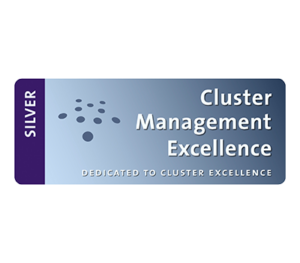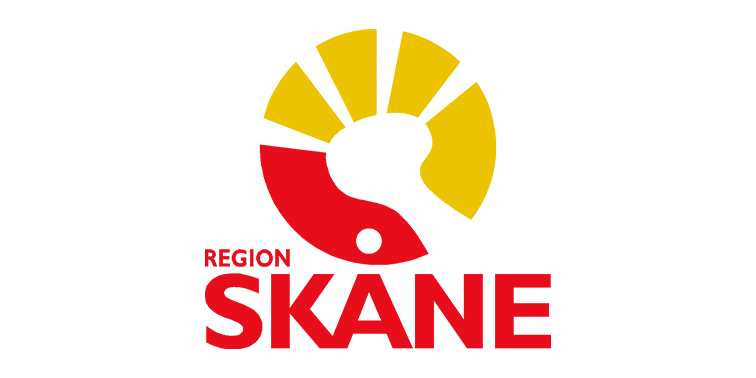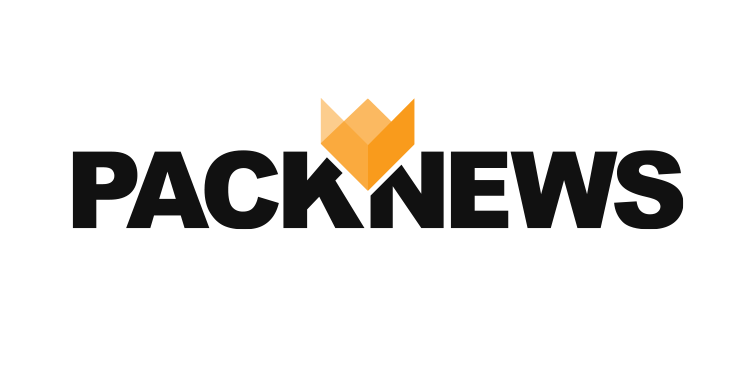Background
Today, highly-absorbent hygiene products are packed mainly in plastic bags in Europe. Positive consumer impression is driven by hygienic quality appearance, good transportability due to carrying handle and very small size of the packaging due to compaction. These flexible bags cover a wide product portfolio range, e.g. in size from newborn babies to adult incontinence products, and filling quantities from single individual wraps to 240 units. Looking forward, we have to meet in future the challenge of reducing plastic, as this material is main contributor to global waste pollution and perceived from consumers meanwhile as a ‘bad material’.
Briefing on Needs
• A ‘Plastic-free’ packaging material that a consumer can put into the ‘Paper Recycling stream’. Preferably such material would be able to degrade in case of littering into nature. A solution made of fiber/paper/pulp materials would deliver such as best and is highly accepted from end consumers. But we are welcoming any other new material concept.
• Packaging concept needs to deliver sufficient mechanical stability. Includes strength against pressure from compressed products inside the packaging, as well as resistance against external stress during transport (drop, pallet stacking, puncture stress, etc). The package must enable carrying in some way suitable for the unit weight and size.
• Packaging concept needs to deliver a ‘hygiene barrier’ which prevents contamination from the outside during the supply chain from manufacturing site via stores to consumers home. That includes very obvious dust and dirt, but as well invisible factors like moisture etc., that can lead to degradation of product performance. Note, traditional strong moisture barriers made of laminated plastics make packaging very difficult to recycle in reality, due to difficulty of component separation on an industrially economic scale.
• Opening of packaging should not require any tool. Integrated opening help like perforation or open strap is acceptable. Reclosure capability would be a positive bonus effect.
We are looking for
• Either a complete package that can deliver on all of the above; or individual component solutions that could be combined in order to provide a promising overall concept that meets the brief. The priority of needs is definitely primarily recyclability and hygiene/stability, with carrying and opening of important secondary relevance. e.g. solutions that cannot initially deliver a carrying functionality for a small size pack may be considered.
• The solution should be industrially available within 1-3 years by putting adequate efforts behind. Latest in 24 months a proof-of-principle should be achievable at reasonable pilot scale, ideally with the ability to execute small-scale consumer research prior to this.
• All recyclability or compostability of the package needs to be tested under established industry tests in order to show that there is clear evidence that these packages will successfully go through these systems.
We are not interested in
• Solutions that end consumer and/or trade does not understand without further explanation.
• Solutions causing new/additional contamination of the existing paper recycling streams or organic recycling streams.
• Solutions requiring major interventions of existing recycling streams/technologies.
Opportunities and Collaborations
We welcome proposals from start-up companies, institutes, universities. Outcome from the workshop may be turned into outsourced research paid by Procter & Gamble or joint ventures with participating companies.
Sign up for the Workshop!
Start-up companies or academic researcher who have technologies or competences valuable for a solution to this request, or just an interest in the request are welcome! Participants are compensated for time and travels. To get more information and to sign up for the workshop, please respond to this request or contact Pia Wågberg, RISE.



